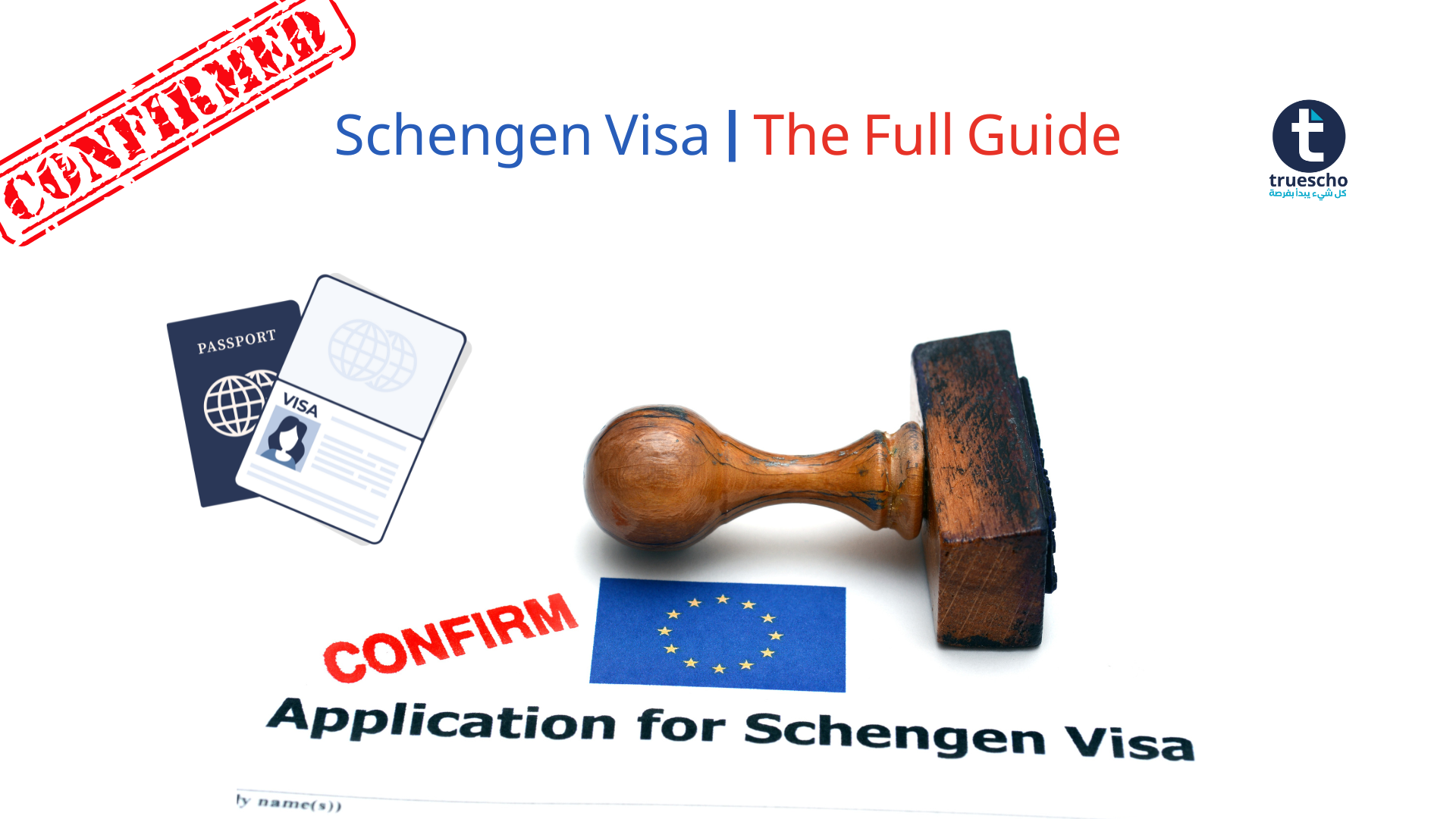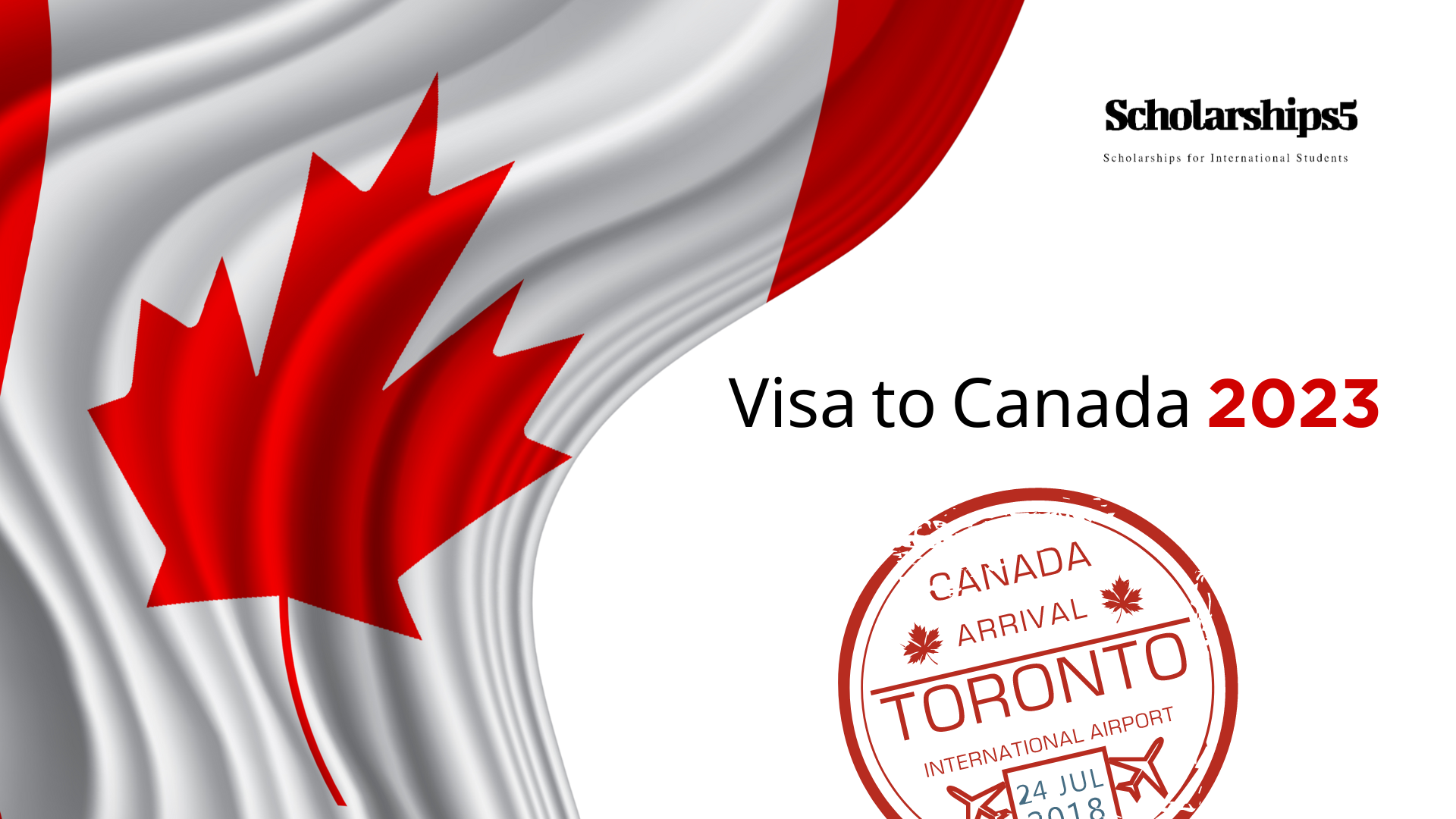Schengen Visa | The Full Guide
A Schengen visa is a type of visa issued by the countries that are part of the Schengen Agreement. The Schengen Agreement is a treaty between European countries that allows for the free movement of people within the participating countries, without the need for passport control or other types of border control.
The countries that are currently part of the Schengen Agreement are: Austria, Belgium, Czech Republic, Denmark, Estonia, Finland, France, Germany, Greece, Hungary, Iceland, Italy, Latvia, Liechtenstein, Lithuania, Luxembourg, Malta, Netherlands, Norway, Poland, Portugal, Slovakia, Slovenia, Spain, Sweden, and Switzerland.
A Schengen visa allows the holder to travel freely within the Schengen area for a period of up to 90 days within a 180-day period. There are two types of Schengen visa: a short-term visa (valid for stays of up to 90 days) and a long-term visa (valid for stays of more than 90 days).

How to Apply for a Schengen Visa?
To apply for a Schengen visa, you will need to submit your application to the Embassy or Consulate of the Schengen country where you will spend the most time, or the country where you will enter the Schengen area if your itinerary is not yet fixed. You will also need to provide various documents, including a valid passport, proof of travel insurance, and proof of financial means, as well as pay the visa fee.
It is important to note that a Schengen visa does not guarantee entry into the Schengen area. The final decision on whether to grant entry is made by the border control authorities at the point of entry.
Steps to Apply for a Schengen Visa
To apply for a Schengen visa, you will need to follow these steps:
- Determine which type of Schengen visa you need: short-term (90 days or less) or long-term (more than 90 days).
- Find the Embassy or Consulate of the Schengen country where you will spend the most time, or the country where you will enter the Schengen area if your itinerary is not yet fixed.
- Gather all the necessary documents for your visa application. These may include a valid passport, a recent passport-sized photo, proof of travel insurance, proof of accommodation, and proof of financial means.
- Fill out the Schengen visa application form and sign it.
- Pay the visa fee.
- Submit your application in person at the Embassy or Consulate, or through a visa application center. You may also need to attend an interview.
- Wait for the processing of your application. The processing time can vary depending on the Embassy or Consulate and the time of year.
- Collect your visa once it is ready, or receive it by post.
It is important to note that the process of applying for a Schengen visa can vary slightly depending on the country you are applying to, so it is a good idea to check the website of the Embassy or Consulate where you will be applying for specific instructions
It is important to apply for a Schengen visa well in advance of your planned trip, as processing times can vary and it is not guaranteed that your application will be approved.
Schengen Visa Fee
The Schengen visa fee is 80 Euros (about $92) for most applicants, and is subject to change. However, there are some exemptions and reductions in the visa fee. Children between the ages of 6 and 12 pay a reduced fee of 40 Euros (about $46) and children under 6 years old are exempt from paying the visa fee.
Additionally, certain categories of applicants are also exempt from paying the visa fee, including:
- students, and accompanying teachers on a school trip;
- researchers from third countries traveling for the purpose of carrying out scientific research;
- representatives of non-profit organizations aged 25 years or less participating in seminars, conferences, sports, cultural or educational events organized by non-profit organizations.
It is important to note that the visa fee is non-refundable, even if your application is denied.
It is also important to check if the country where you are applying for the visa has different fees or exemptions.
It is important to check with the Embassy or Consulate where you are applying for information on the specific fee and methods of payment accepted.

Schengen Visa Interview Questions
The Schengen visa interview is an opportunity for the consular officer to verify the information provided in your visa application and to assess whether you meet the requirements for a Schengen visa. During the interview, you may be asked a variety of questions, some of which may include:
- Purpose of your trip: Why are you traveling to the Schengen area? What is the main reason for your visit?
- Itinerary: What countries will you be visiting? How long will you be staying in each country?
- Accommodation: Where will you be staying during your trip? Do you have a confirmed hotel reservation or an invitation letter from a host in the Schengen area?
- Financial means: How will you be financing your trip? Do you have enough money to support yourself during your stay in the Schengen area?
- Return or onward travel: Do you have a return or onward ticket?
- Relationship status: Are you married? How long have you been married? Do you have children?
- Profession: What is your occupation? Are you employed or self-employed?
- Previous travel history: Have you traveled to other countries before? If so, where have you been?
- Ties to home country: Do you have a home, a job, or a family in your home country? Why do you plan to return to your home country after your trip?
- Background check: Have you ever been arrested or convicted of a crime?
It is important to note that the consular officer may ask additional questions based on the specific circumstances of your case. It is also important to be honest and provide accurate information during the interview, as providing false information can result in the denial of your visa.
Read Also:
Free Online Courses with Certificates in UAE 2022-2023
Best Learning Platforms for Free Online Courses 2022-2023
Can Students Apply for a Schengen Visa?
Students may apply for a Schengen visa in order to study, attend a course, or participate in a student exchange program in a Schengen country. The process for applying for a Schengen visa as a student is similar to the general application process, but there are a few additional documents that students will need to provide.
In addition to the standard documents required for a Schengen visa application, students will typically need to provide:
- A letter of acceptance or enrollment from the educational institution in the Schengen country, confirming that the applicant has been accepted to study there.
- Proof of sufficient funds to cover living expenses during the stay, such as bank statements or a scholarship letter.
- Health insurance that covers the entire period of stay in the Schengen area.
- A flight itinerary, including a return ticket, or proof of sufficient funds to purchase a return ticket.
It is important to note that the student visa may have specific requirements in addition to the above, and it is recommended to check the specific rules with the Consulate where you are applying.
It’s also important to note that a student visa does not allow the holder to work in the Schengen country, unless the specific student visa permits it. It is also important to have a valid residence permit, which allows the student to stay in the country for the duration of their studies.
It’s also important to apply well in advance of the planned trip, as the process of obtaining a student visa can take several weeks or even months.
Schengen visa for business travelers
Business travelers may apply for a Schengen visa in order to attend business meetings, conferences, or other professional events in a Schengen country. The process for applying for a Schengen visa as a business traveler is similar to the general application process, but there are a few additional documents that business travelers will need to provide.
In addition to the standard documents required for a Schengen visa application, business travelers will typically need to provide:
- A letter of invitation from the company or organization in the Schengen country, confirming the purpose and details of the business trip.
- Proof of sufficient funds to cover living expenses during the stay, such as bank statements or a letter from the employer confirming financial support.
- A flight itinerary, including a return ticket, or proof of sufficient funds to purchase a return ticket.
- Proof of professional status, such as a business card or proof of employment.
It is important to note that the business visa may have specific requirements in addition to the above, and it is recommended to check the specific rules with the Consulate where you are applying.
It’s also important to apply well in advance of the planned trip, as the process of obtaining a business visa can take several weeks or even months.
It is also important to note that a business visa does not allow the holder to work or conduct business activities on a paid basis in the Schengen country, unless the specific business visa permits it.

FAQs
- What is a Schengen visa?
- A Schengen visa is a type of visa issued by the countries that are part of the Schengen Agreement, which allows for the free movement of people within the participating countries, without the need for passport control or other types of border control.
- How long can I stay in the Schengen area with a Schengen visa?
- With a Schengen visa, you can stay in the Schengen area for up to 90 days within a 180-day period.
- Which countries are part of the Schengen area?
- Austria, Belgium, Czech Republic, Denmark, Estonia, Finland, France, Germany, Greece, Hungary, Iceland, Italy, Latvia, Liechtenstein, Lithuania, Luxembourg, Malta, Netherlands, Norway, Poland, Portugal, Slovakia, Slovenia, Spain, Sweden, and Switzerland are part of the Schengen area.
- How do I apply for a Schengen visa?
- To apply for a Schengen visa, you will need to submit your application to the Embassy or Consulate of the Schengen country where you will spend the most time, or the country where you will enter the Schengen area if your itinerary is not yet fixed. You will also need to provide various documents, including a valid passport, proof of travel insurance, and proof of financial means, as well as pay the visa fee.
- What documents do I need to apply for a Schengen visa?
- The required documents may vary depending on the country where you are applying, but generally, you will need to provide a valid passport, a recent passport-sized photo, proof of travel insurance, proof of accommodation, and proof of financial means.
- How much does a Schengen visa cost?
- The Schengen visa fee is 80 Euros (about $92) for most applicants, but there are exemptions and reductions for certain categories of applicants.
- How long does it take to process a Schengen visa application?
- The processing time for a Schengen visa application can vary depending on the Embassy or Consulate and the time of year. It is generally recommended to apply for a Schengen visa at least 4-6 weeks before your planned trip.
- Can I extend my Schengen visa?
- It is possible to request a Schengen visa extension, but the decision to grant an extension is at the discretion of the relevant authorities and not all Schengen visas are eligible for extension.
For more information, kindly join our Telegram channel:
Read also:
Best Fully Funded Scholarships in USA for International Students 2022-2023
Medical Schools in Europe Taught in English 2022-2023
Study Medicine in Europe in English 2022-2023
Best Fully Funded Scholarships in Serbia for International Students 2022-2023









